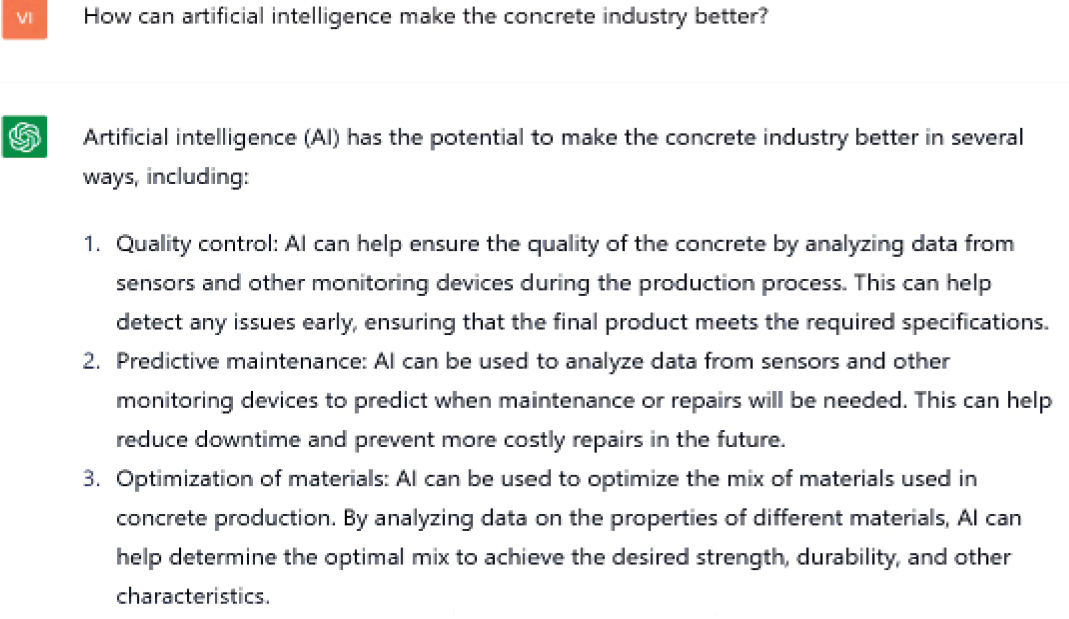Artificial intelligence is in the house—and it’s about to shake things up!
Google, now a verb per Merriam-Webster, controls over 90 percent of the internet search market. Yet the search engine colossus lost over $100 million in market valuation on February 9 when its newly released AI chatbot, called Bard, gave a widely publicized wrong answer for an astronomy question.
Microsoft, owner of the Bing search engine, controls less than 5 percent of said market. Yet, encouraged by Bill Gates, they spent over $10 billion buying OpenAI, the makers of the ChatGPT chatbox (see my February column). Inquiring minds are asking why and how this matters for our industry.
GAME CHANGERS
Arriving on the scene in 1967, the Advanced Research Projects Agency Network, aka ARPANET, was the first public packet-switched computer network. Its technologies became the foundation of the internet. Since then, countless World Wide Web search engines have emerged. In 1982, the WHOIS protocol used for querying databases that store internet resources (like domain names and IP addresses) became the early gold standard. Yahoo! Search rocked the world in 1994, only to be made obsolete by Google’s search engine in 2000. Google stands apart today and has made untold billions by selling our browsing history to peddlers who stuff us with advertisements.
Most of humanity—that is, just about 8 billion people—use the internet to search for the answers to their questions. In case you have been living under a rock for the past 20 years, it works by typing a phrase into a search engine, which uses a web crawler bot to find matching links per their published keywords and content. Then—and here’s the issue—you must click through those matching links to piece together the information you need.
Imagine a world where we could skip the “some assembly required” step. What if a human-like answer was returned? And even more daring, imagine if we could just talk to the computer device and, subject to the clarity of our question, get back a concise, accurate answer. That changes the entire game.
Microsoft was late to the World Wide Web search engine party with Bing, but now they see an opportunity to upend Google’s dominance through AI. The prize is advertising dollars to “infinity and beyond” if they can give people what they really want through an AI chatbot: immediate, concise, accurate and actionable answers.

CONCRETE EXAMPLES
Ready-mix concrete is a “now,” real-time industry. The value of information is highest in the moment it’s needed and diminishes quickly with time. We cannot fence time or the inconvenient truth that concrete will get hard in a few hours.
Consider training an AI model with every historical customer, plant, product, material, project, quote, order, ticket and all associated information from finance, quality control and logistics. Now, like Get Smart’s Agent 86 (Maxwell Smart), ask your watch, “Hey RMXbot, what mix and price should be used for Jimmy John’s Finishing for a 12-cubic-yard driveway on 742 Evergreen Terrace, Springfield, Oregon, to get a 10 percent profit?” Based on the history of all transactions for the company, the RMXbot might return, “Use mix DW4000AE shipped from the 14th Street Plant and price at $165 per cubic yard.”
Other questions to ask might include:
- When considering which customers to target with personal sales attention: “Hey RMXBot, who are the top 10 customers in terms of total dollars of profitability last quarter that have not ordered this month?”
- When seeing one of your trucks while driving to lunch: “Who is the driver on Elm Street right now? How fast is he going, and did he exceed the speed limit today?”
- When faced with a claim for an out-of-tolerance batch: “Why is the 14th Street Plant producing out-of-tolerance mixes?”
AI chatbots can make mistakes, with some being epic. This arises from the fact that they only know what they know—the material they were trained on. When asked questions outside of their trained domain, they will be equally confident with the wrong answer!
It’s early days and yet absolutely clear that AI chatbots will rock the world by revolutionizing how we seek knowledge. They will be specialized to bring truly “expert systems” to just about every domain-specific industry, including ready-mix concrete. The ups and (often amusing) downs of the bot-race are just a precursor to a tectonic shift in how we will conduct business. Are you ready?

Craig Yeack has held leadership positions with both construction materials producers and software providers. He is co-founder of BCMI Corp. (the Bulk Construction Materials Initiative), which is dedicated to reinventing the construction materials business with modern mobile and cloud-based tools. His Tech Talk column—named best column by the Construction Media Alliance in 2018—focuses on concise, actionable ideas to improve financial performance for ready-mix producers. He can be reached at [email protected].